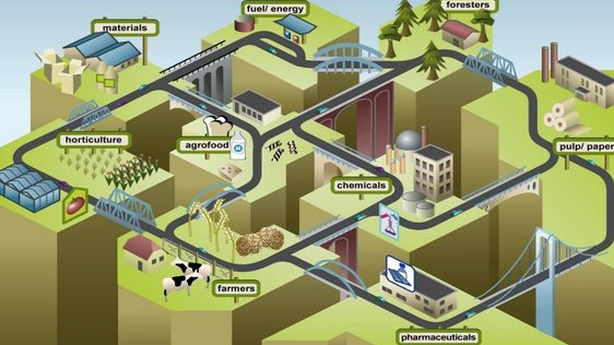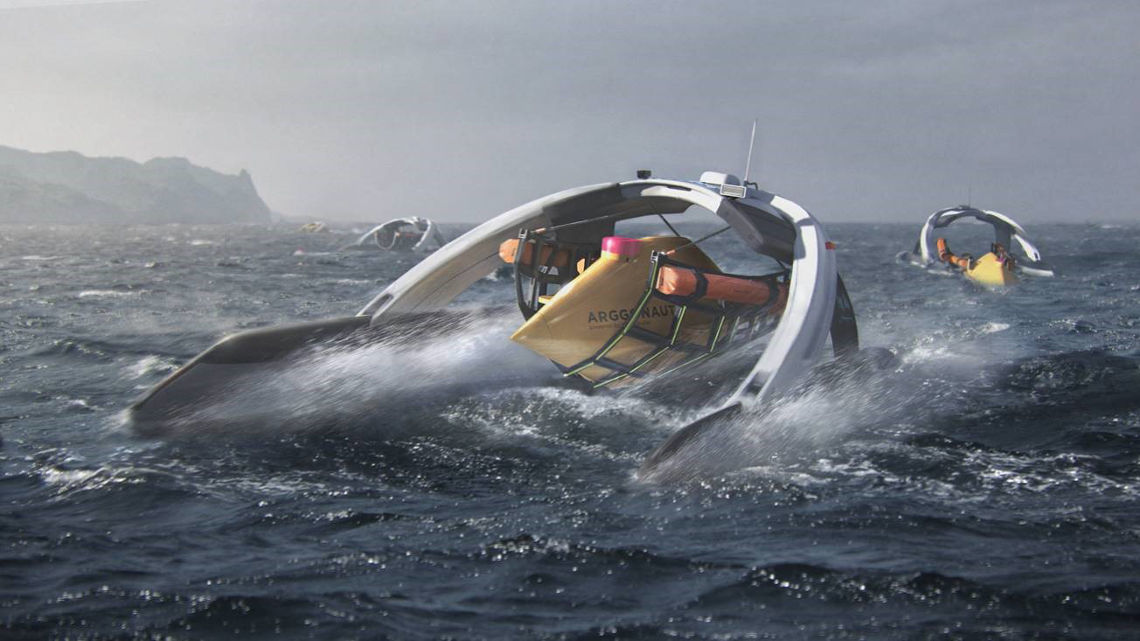Bioeconomy is a major driving force
The Bio-based Industries Consortium (BIC) announced the results of the first study on the European bioeconomy at its general assembly.

The results: the total European bioeconomy amounted to €2.1tn turnover in 2013, roughly half of which came from the food, feed and beverages sectors. The so-called bio-based industries – chemicals and plastics, pharmaceuticals, paper and paper products, forest-based industries, textile sector, biofuels and bioenergy – contributed with €600bn.
The total employment in the European bioeconomy stood at 18.3 million employees, with primary biomass production (agriculture, forestry & fishery) as the biggest contributor (58%). But not all of Europe is created equally. The analysis shows different situations in different member states. Eastern European Poland, Romania and Bulgaria, for example, are strong in primary production and their commodities’ sectors have a high employment-to-turnover ratio.
Germany, Italy and France ahead of the game
Western and Northern European countries, on the other hand, generate a much higher turnover and thus have lower employment-to-turnover ratios. Germany, Italy and France are the front runners for the bioeconomy. The three states shared the highest turnover and employment in the EU.
Renewable raw-materials are the key
“The Bio-based industry is already an important part of the European economy and a pivotal element in the transition towards a sustainable, circular economy in Europe with renewable raw materials as key enablers,” said Marcel Wubbolts, Chair of BIC. “Europe should continue on this path and create stable policies to further accelerate the European Bioeconomy.” The BIC also noted that, according to an internal survey, the consortium’s own members are currently investing more than €2.1bn in new demo and flagship infrastructure. “The commitment of the industry is there, and the new BBI public-private partnership certainly shows its first impact,” commented Dirk Carrez, Executive Director of BIC. “Now politics have to follow and enable a swift transition from fossil to bio-based resources.”
© biotechnologie.de/um


